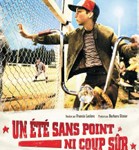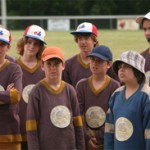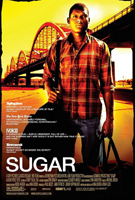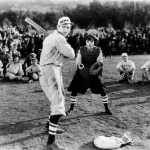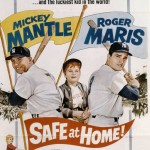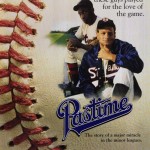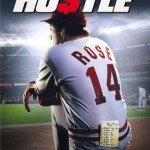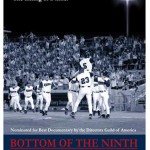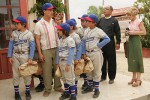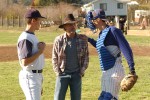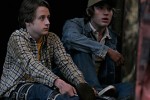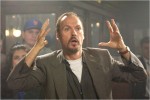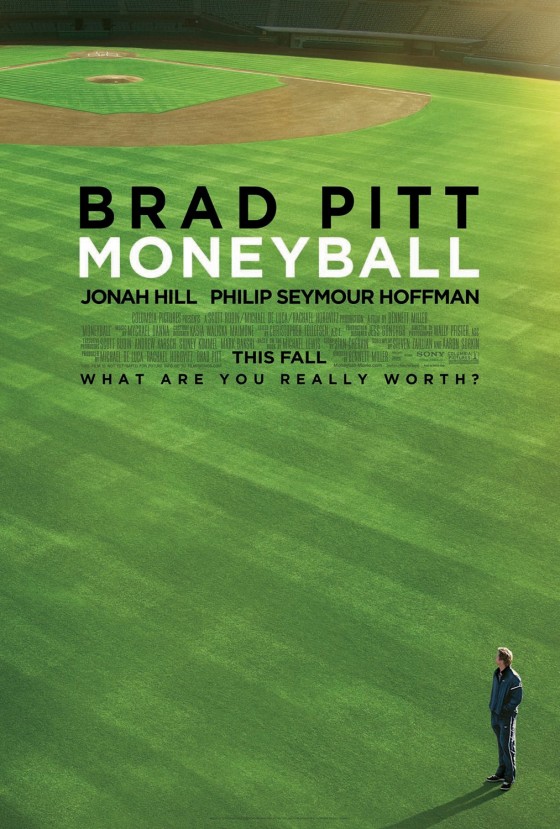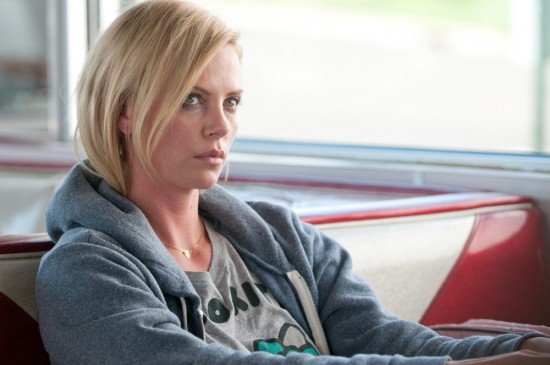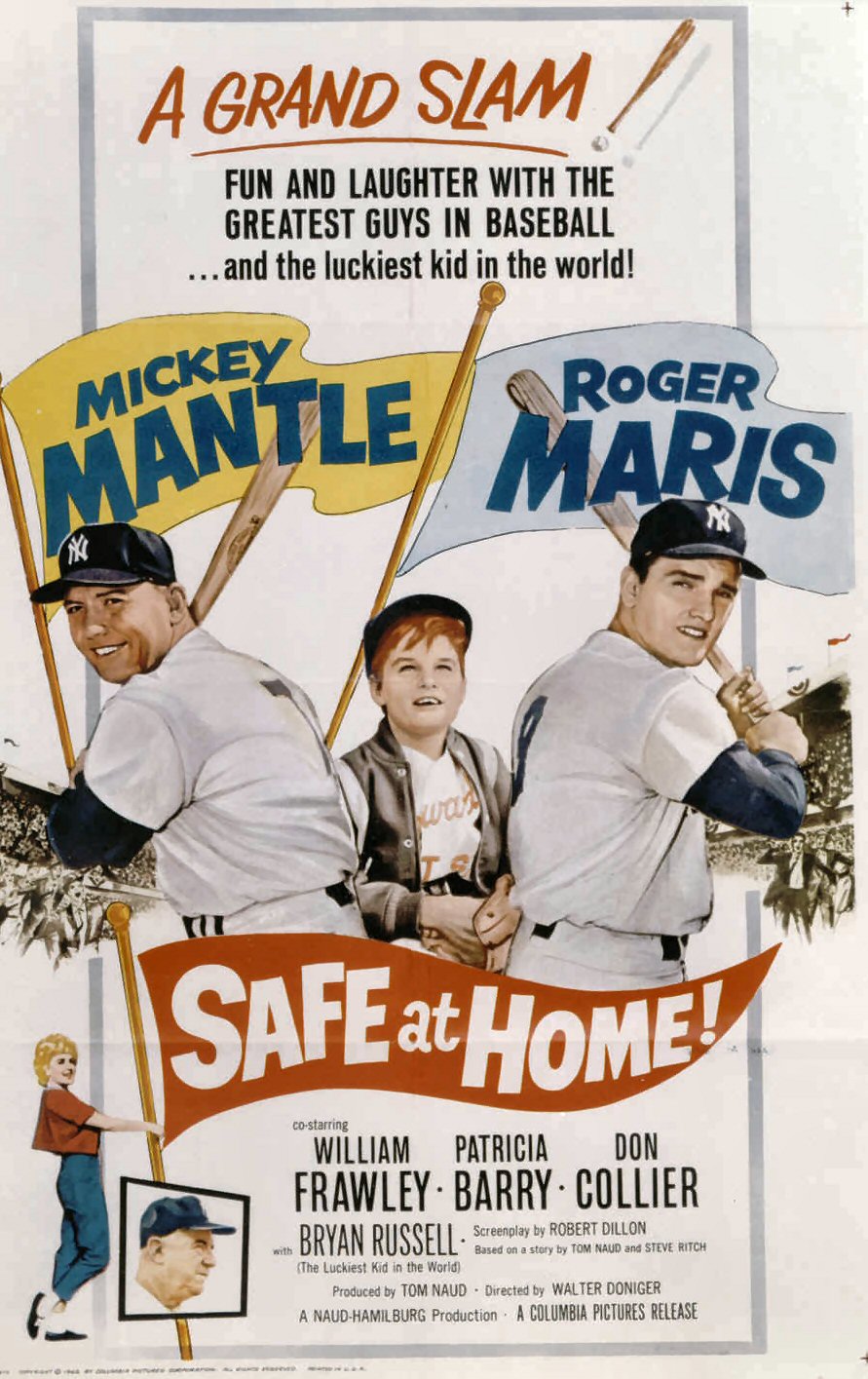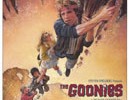The good ole’ days marks an unset period in history that slides up and down a timeline depending on who’s looking back fondly when everything cost a half of what it was today, shoes were made with newspaper, it snowed every school day and the path to learning was always uphill in every direction. Film often tries to capture these fond memories with period pieces that evoke lots of nostalgia and recreate the warm feelings normally reserved for watching sunsets on a cool summer evening. Aiming to capture the spirit of the TV classic The Wonder Years while celebrating the dawn of the Montreal Expos baseball team, Francis Leclerc’s A No-Hit, No-Run Summer is all over the nostalgia, complete with random cuts to faux grainy home video footage. While the French-Canadian film does generate a good sense of happiness and history, it also jumps all over the place, raising many themes and ideas but develops few of them.
It’s the summer of 1969 and something big must be in the air if Bryan Adams is going to sing about it some 15 years or so later. For Martin (Pier-Luc Funk), the arrival of the Montreal Expos has fueled a fierce love for baseball. When he tries out for the team of local all-stars, he and his friends are all cut. But they all love baseball, so with the help of some family, the B-squad hits the field. They’re a group of baseball misfits, not carved from the same pedigree as their town rivals. Well, they would be rivals if the B-squad was at least acknowledged by the A-squad. As the summer ensues, the outcasts get pretty good and start to draw a little attention their way. And with that comes pressures that Martin works out through night-time visits from an imaginary Mack Jones (Phillip Jarrett), one of the inaugural Expos whom the youngster shares a lot in common with.
A No-Hit, No-Run summer relies heavily on nostalgia to brings viewers into the era. But with the frequent contrived home camera shots especially, nostalgia plays out as a gimmick, cluttering the film and not giving the story a chance to breath. Leclerc seems more focused on making the audience smile and feel good (which are admirable goals), but doesn’t offer enough substance to go with it. Even more frustrating is the several hints and opportunities the script offers. Mireille, Martin’s mom (Jacinthe Laguë) is on the verge of being liberated from the confines of the kitchen. She’s the one who shows a love for baseball early on and would have made the perfect coach or assistant coach for the B-squad. So much attention is given to her but instead of going somewhere with it, Leclerc keeps her as a homebound and boring.
This film was a frustrating experience. The characters are all well written and distinct, the subject matter is interesting and there’s plenty of nice quirks about it. Yet, A No-Hit, No-Run Summer sticks to relying on nostalgia rather than making something truly memorable itself.
A No-Hit, No-Run Summer Gallery
